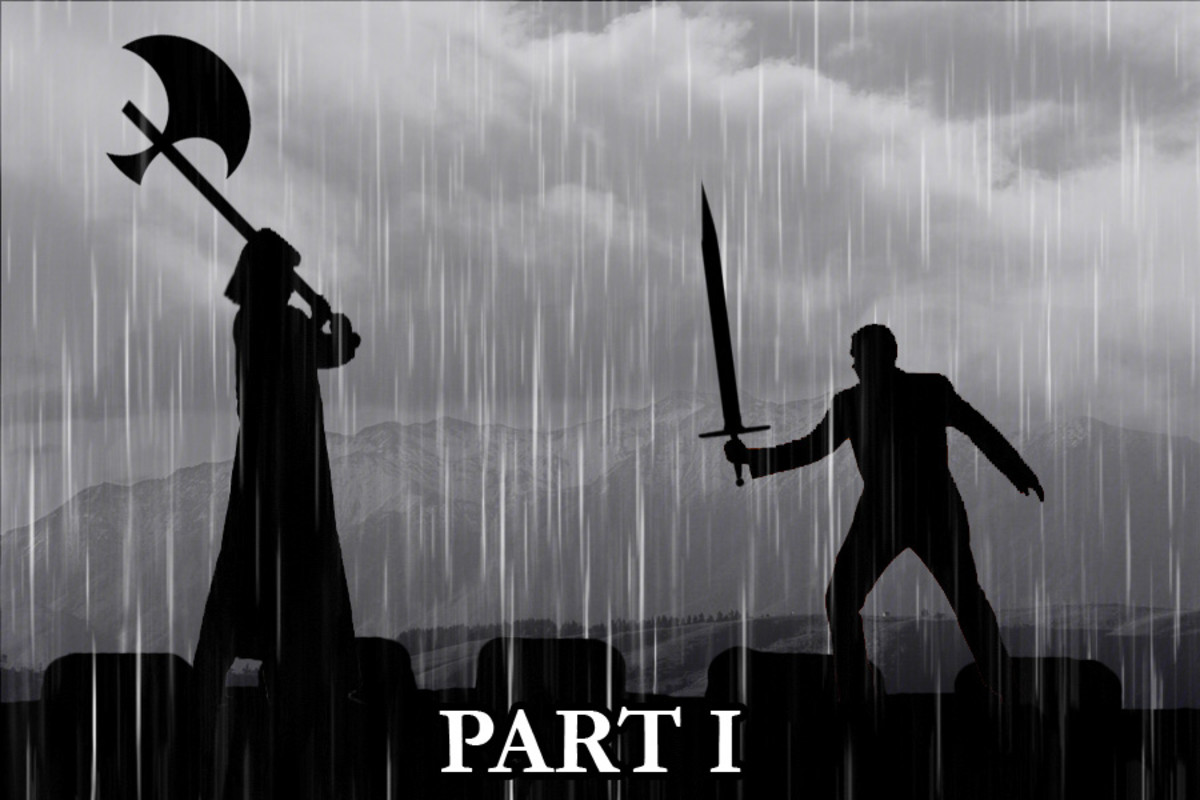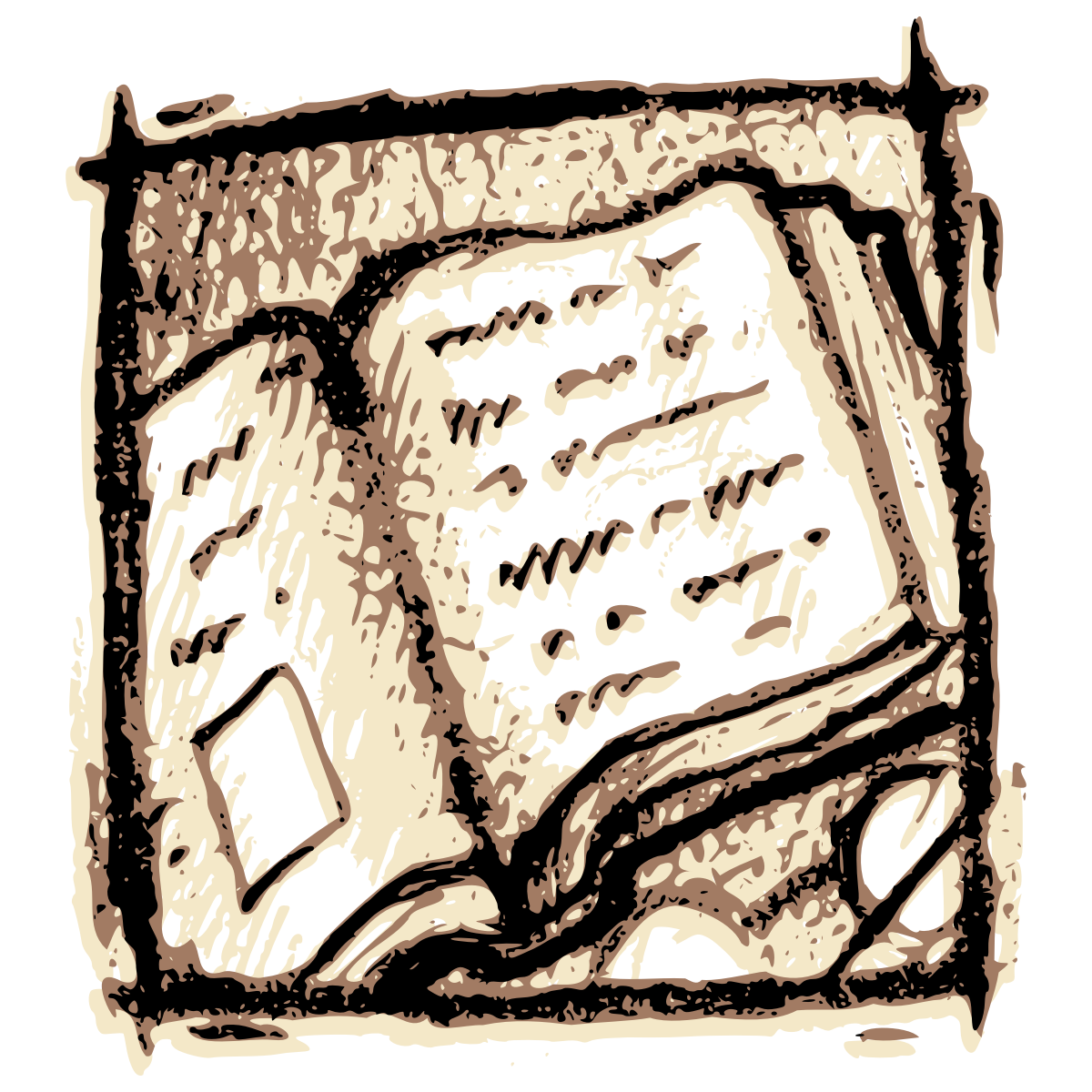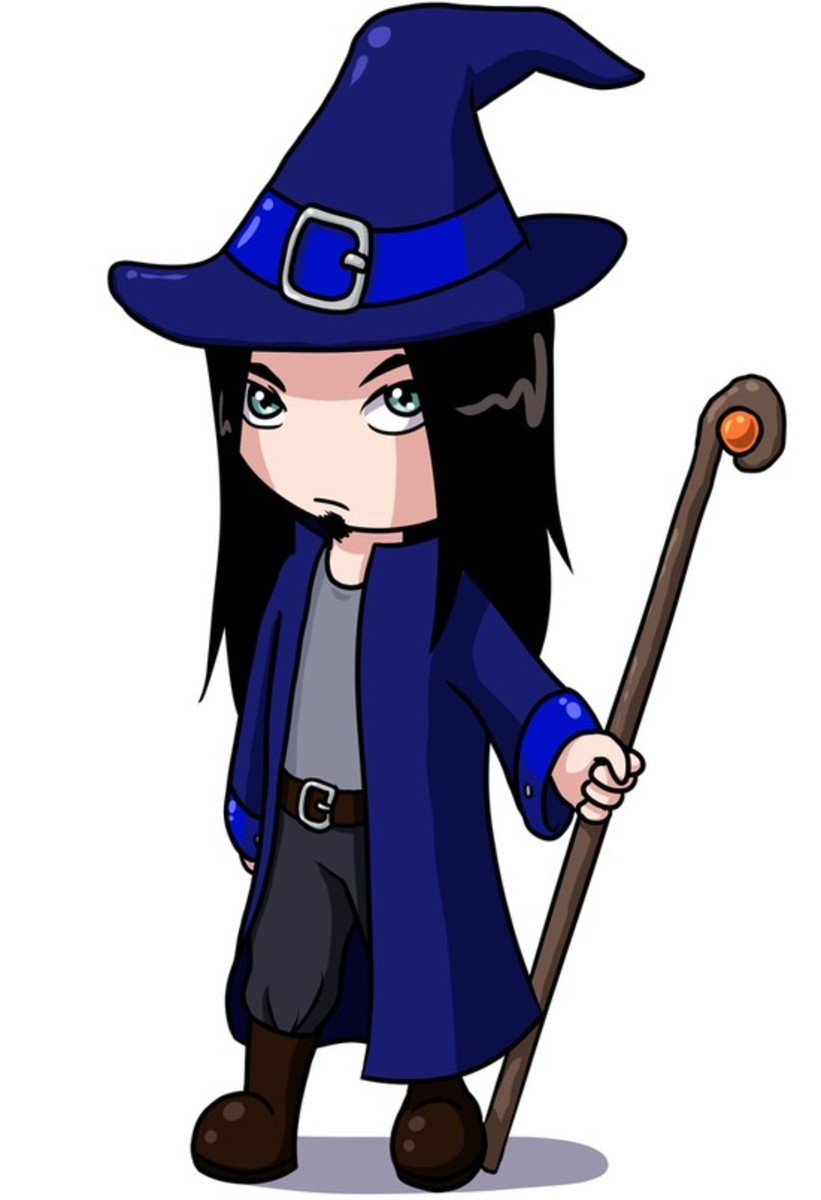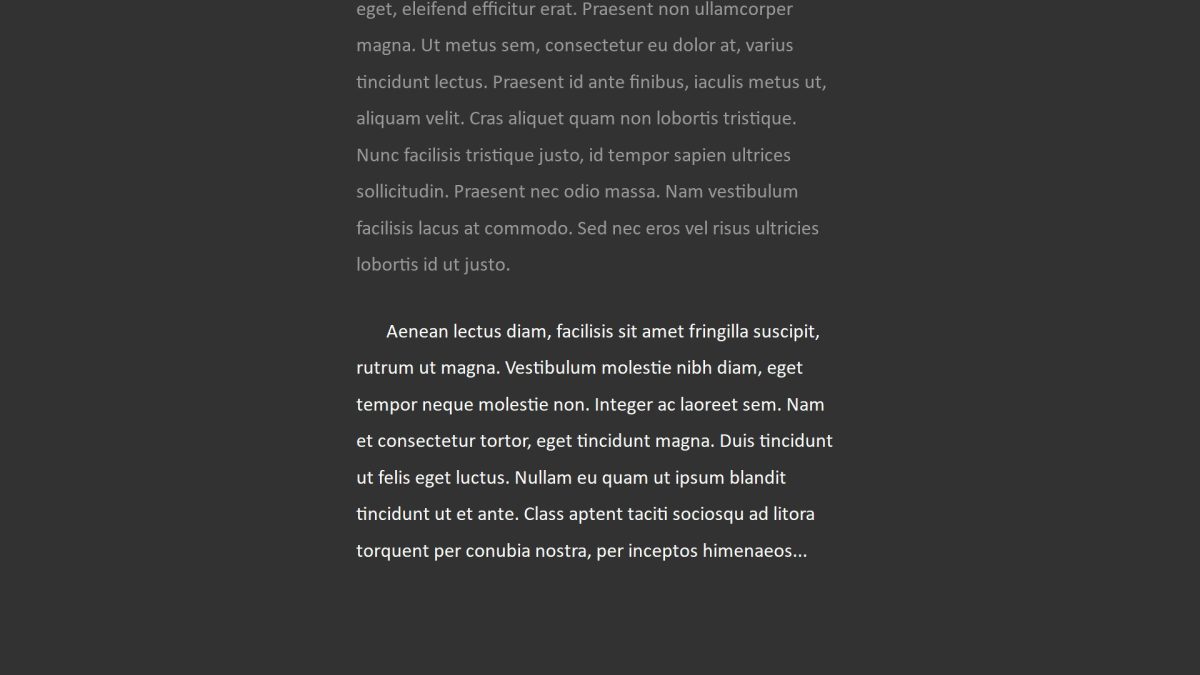How to Make Laws of Magic for your Fantasy Novel

Previously I wrote a few hubs focusing on the specifics of describing fantasy creatures, cities and creation myths. But now I would like to focus on the laws of magic. Given that this is, you know, magic, it’s easy to think that there are no laws. These things do the impossible, from conjuring fire to making cities vanish. It is seemingly infinite and endlessly powerful. But, when you write a fantasy novel, it can be neither of those things.

The Source of Magic
We live in a world without magic. I can’t point a wand at the sky and make it rain with a few fancy, Latin words (unfortunately). But the worlds we create for fantasy novels do have magic. It becomes essential, then, that we know why this world is different. Keep in mind that this doesn’t mean you have to lay it out for your reader. Many fantasy books don’t bother to explain where their magic came from. But it is essential that you know because it will govern all aspects of that magic.
The first place to start would be your creation myth. If you haven’t created one yet, then refer to the article I linked to in the first paragraph. The creation myth gives you the perfect opportunity to integrate magic from the start. Maybe your deity gave magic to the world or maybe it is the leftover energy from a war between gods. It doesn’t have to come from the very first creation myth, but something has to have happened in your world’s past to set it on a different course than the ‘real’ world of your readers.
Some questions you can ask yourself while you’re determining the source is: was magic given to everyone intentionally or unintentionally? Has it had a positive influence on your world or a negative influence? Does the magic have one source (like a god or power crystal) or many sources? Will this magic last forever or will it eventually run out? Who is capable of tapping into this magic? (More on that below.) And, why did this happen to your world specifically, not another? Answering these questions will help you lay out your magic’s origin story so that you can move on to:

Magic’s Limitations
Ever wonder why the wizard in fantasy stories doesn’t just shoot off a million fireballs until the army of orcs is defeated? It’s because good fantasy has limitations built into its magic system. One of the easiest methods to accomplish this is to tie magic use to the physical strength of the user. In other words, we get tired when we run a mile, so it makes sense that we would get tired if we used a lot of magic. But many others have searched for alternative limitations to magic like blood sacrifice (Orson Scott Card) and parentage (J. K. Rowling). Which leads to another, related question; who is it that can tap into this magic?
Many stories make magic a form of study, something that anyone can learn if they put enough effort into it, but many more make it a trait one is born with. I’m a wizard because I was born with the magic inside me, or something like that. Limiting who can use magic is another means of creating invisible boundaries for something that could easily get out of hand. Just imagine how much easier it would have been for the Fellowship of the Ring if they all had Gandalfs skill with magic, or how much lower the stakes would have been in the war against Voldemort if there was no such thing as Muggles.
When you’re determining who can use your magic, and how much of it they can use, take into consideration how it will play into your story. Is it an essential plot point that can’t be removed or is it a back-story trait that is more for character development? Can some people tap into it a little and others a lot? Are the characters who use it happy that they can use it, or unhappy? Does it make them disgruntled or wise? As you’ve probably guessed, even if your magic is purely for plot, it should still have a profound impact on the characters who wield it.

Magic’s Maximum Power
Limiting how much magic someone can use, and who can use it, is very important, but it doesn’t address the scope of magic’s power. Ask yourself what is the weakest and strongest spell capable of being cast in your world of magic. You might not have it separated into spells, but for lack of a better word we will think of it that way. A weak, unimportant spell, might lift a chair, while a strong, devastating spell, might break a mountain in half.
The reason you need to ask yourself about this gauge of power is because you don’t want to break your own rules halfway through the novel. If everyone is using weak spells for the majority of the story, and suddenly they start using strong ones, there is a chance your reader is going to get pulled out of the narrative. Unlike the origin of magic, this does need to be stated to your reader, and fairly early on too. It doesn’t mean that you have to depict every possible spell in your arsenal, but it does mean you need to acknowledge what the heights are, in some capacity. A line as simple as “it’s believed that one wizard could blot out the sun!” gives us all we need to know. The more the story goes on, the more specific things will get, but little tidbits like that will help your reader understand the world quickly.
Something worth noting, if you’re writing a series, is to be mindful about your first novel’s choices because going too far, too fast, can undermine what comes later. You don’t want your character to cast a fix-it spell in the first book and conveniently forget it for subsequent books. Your reader will just keep asking “why don’t they use that fix-it spell?” One example of this is Terry Goodkind’s ‘Sword of Truth’ series. The second book (of eleven) made the villain the keeper of the underworld. While I still enjoyed that series, I do feel that particular character could have been saved until a little later, considering his status as a ‘big bad’. Another example is the television show Supernatural, wherein they tackled the ‘apocalypse’ storyline in one of their earlier seasons and have struggled ever since to create the same level of impending doom. So, in other words, you might want to save your equivalent of the devil until the last book in the series.

Magic’s Dark Side
You’ve probably already given some thought to how magic can be used for evil. As with anything inanimate, it can be used as-is to do evil things. But when you’re starting out, you also have the opportunity to create a ‘different’ magic specifically for the evil guys. The dark side of the force gets different powers than the light side (George Lucas) and subtractive magic can cancel out additive magic (Terry Goodkind). The benefit of this is that it gives you more wiggle room for whether or not something is possible and it is an easy way to differentiate the bad guys from the good guys. Again, it isn’t essential that you do this. A single magic system is enough to support both good and evil, but it is definitely something worth brainstorming when you’re starting out.
I also wanted to note, in this section, that magic should have negative effects as well. You’ve created limitations on your magic, but what happens when someone tries to cross them? If a wizard goes beyond their physical limits, do they die, or do they age quicker? If a light magic user tries to use dark magic, are they torn apart? If someone who only knows simple spells, tries to cast a more complex one, does it still work or are its effects twisted into something different? These are variables you should consider because, as with most fantasy stories, someone is going to try to cross the boundaries you’ve put in place. For good examples of magic’s unintended consequences check out the Earthsea series by Ursula K. Le Guin and the Discworld series by Terry Pratchett.

Don’t Forget to Make Magic Fun
Probably the most important question you can ask yourself, when building your laws of magic, is which existing system do you like most? It’s easy to fall into the trap where you feel obligated to make something original or literary for the sake of prestige. But if you don’t enjoy reading magic like that, then it’s going to show through to your readers.
I suppose if you’re going for a much darker take on fantasy, then your magic doesn’t have to be ‘fun’. But I think it’s important to remember why we love magic so much. So often is it a form of escape and wish-fulfillment. You may have created a historical reason why the magic exists in this world, but what’s more important is why you want it there. If you weren’t a fan of magic then you probably wouldn’t be writing fantasy. So don’t hesitate to tap into that wish-fulfillment to ensure that the book is really something you would like to read. I guarantee your readers will be able to feel your excitement coming off the page.






